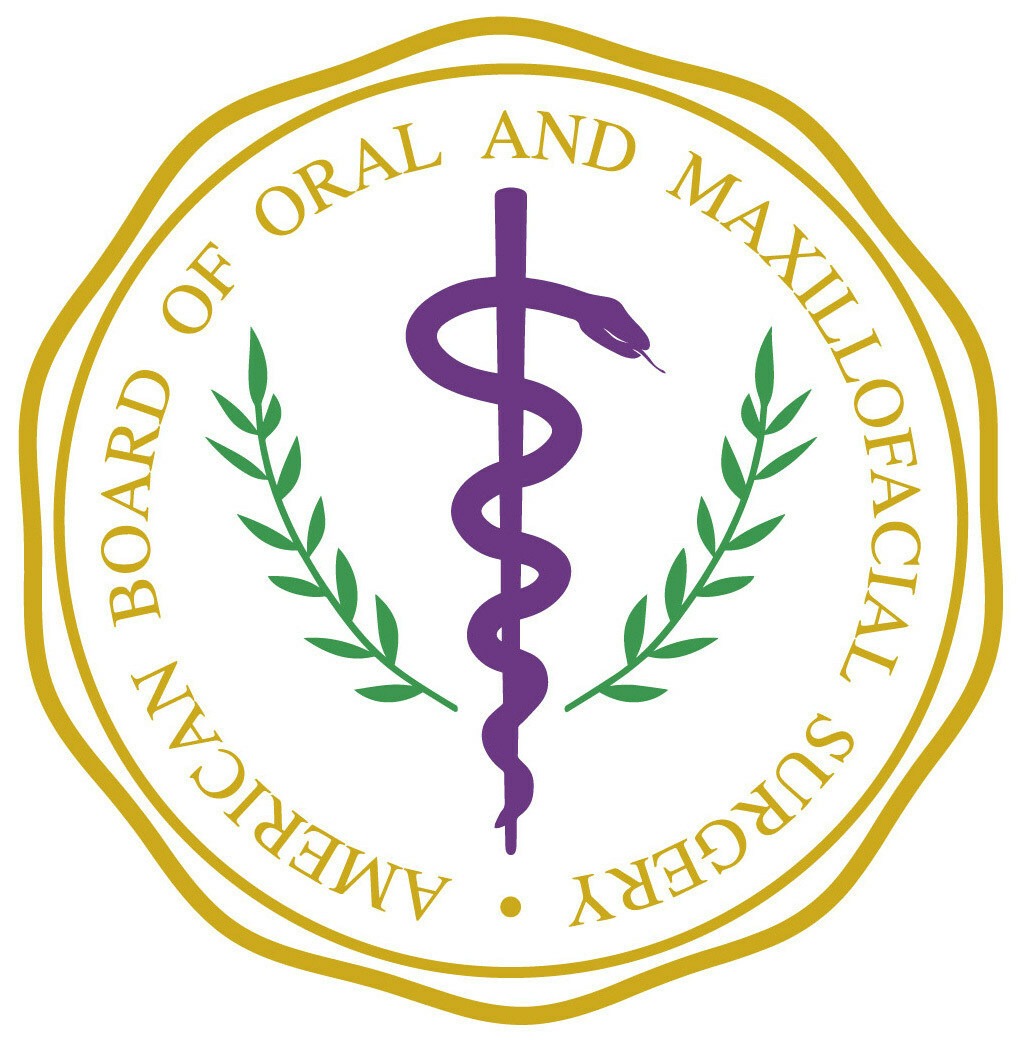The Executive Board and Diplomates of the American Board of Oral and Maxillofacial Surgery (ABOMS) recognize Head and Neck Cancer Awareness Month in April. Many ABOMS Diplomates are experts in head and neck cancer, which account for about 4 percent of cancer cases in the United States. They see this month as an opportunity to educate the public.

The Executive Board and Diplomates of the American Board of Oral and Maxillofacial Surgery (ABOMS) recognize Head and Neck Cancer Awareness Month in April.
“By educating patients about oral cancer and its signs, we can provide timely help and offer reassurance about the latest advances in reconstructive surgery, which can restore their quality of life,” explained Dhafer Alsuwied, DDS.
Symptoms, risk factors, and prevention
Symptoms of head and neck cancer typically begin in the mouth, nose, and throat, and may include: persistent sore throat, lumps, sores, difficulty swallowing, or a hoarse voice. Men are about twice as likely as women to develop oral cancers; other risk factors include:
- Heavy tobacco use
- High alcohol consumption
- Human papillomavirus (HPV) infection
- Family history of cancer
To prevent these cancers, patients should quit tobacco, limit alcohol, and consider receiving the HPV vaccine when indicated. Screening at routine dental check-ups is also key.
The expertise required to manage head and neck cancers
The American Board of Oral and Maxillofacial Surgery (ABOMS) certifies oral and maxillofacial surgeons who have proven their qualifications and expertise through education, training, and a thorough examination process. Diplomates are also required to undergo annual Certification Maintenance to prove ongoing competence.
Beyond its rigorous certification process, ABOMS also offers Certificates of Added Qualifications (CAQ) in Head and Neck Oncologic and Reconstructive Surgery, which indicates that a surgeon has significant skills in this specialized area and emphasizes it in their practice. Eric R. Carlson, DMD, MD, EdM, FACS explained that the education required for this specialty is rigorous.
“Aspiring oral surgeons with an interest in our subspecialty are taking on a career path that will involve numerous years of training and experience to practice at a high level. There are no shortcuts to proper training in oral/head and neck oncologic and reconstructive surgery, but the end result is a highly gratifying career.” He added, “Participation in our subspecialty is truly a labor of love.”
Patients looking for a highly qualified oral and maxillofacial surgeon for their oncology team should look for this kind of specialized training and certification.
About the American Board of Oral and Maxillofacial Surgery
The American Board of Oral and Maxillofacial Surgery (ABOMS) is the certifying board for the specialty of oral and maxillofacial surgery in the United States.
Overseen by an eight-member Board of Directors, the mission of ABOMS is to ensure that Diplomate surgeons meet our standards of training, education, and professionalism through our certification process. The American Board of Oral and Maxillofacial Surgery headquarters are located at 8770 W Bryn Mawr Ave Suite 1370, Chicago, IL 60631, and can be reached by phone at (312) 642-0070 or online at www.aboms.org.












